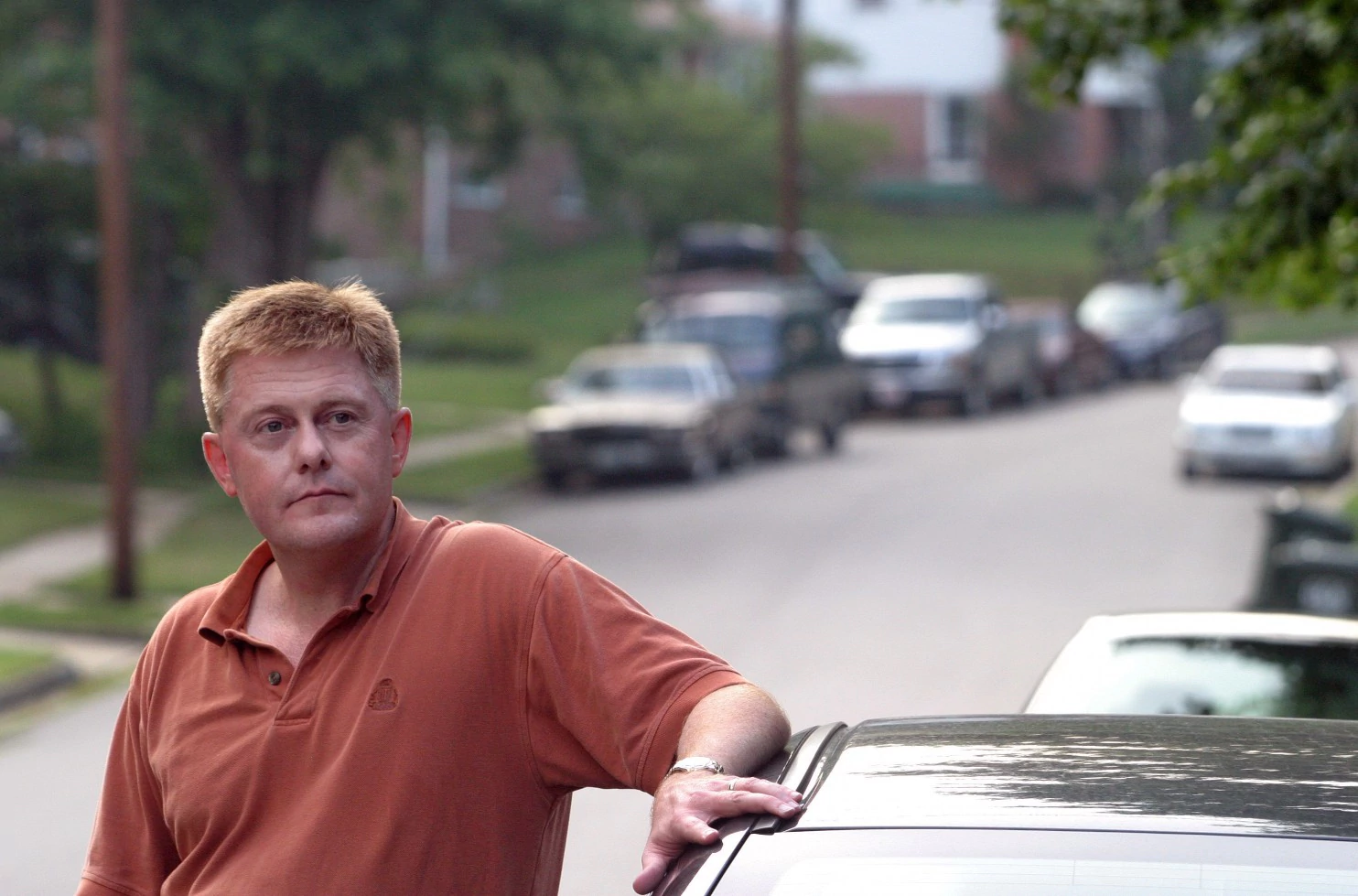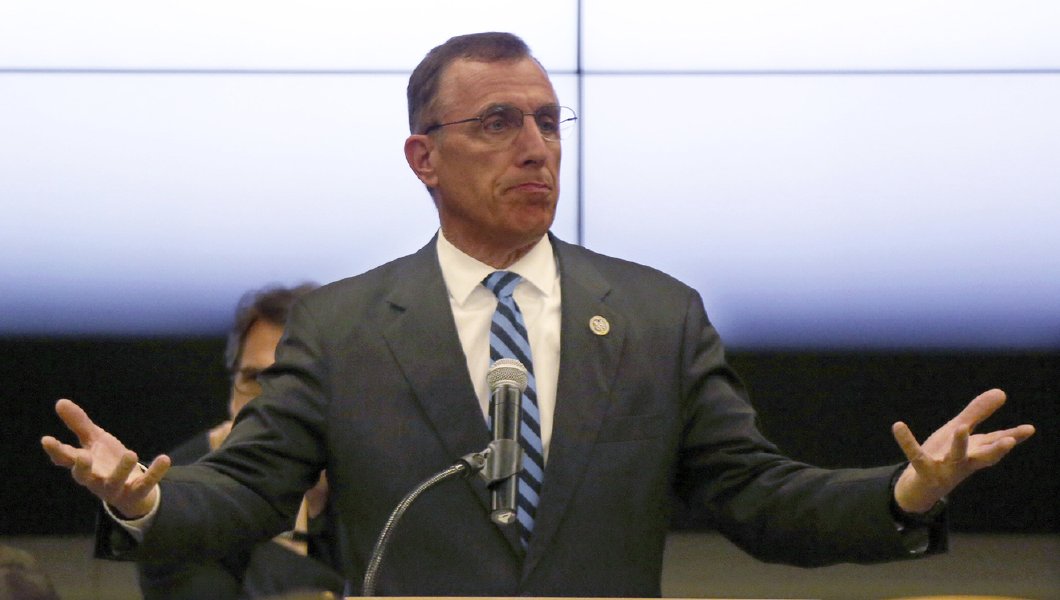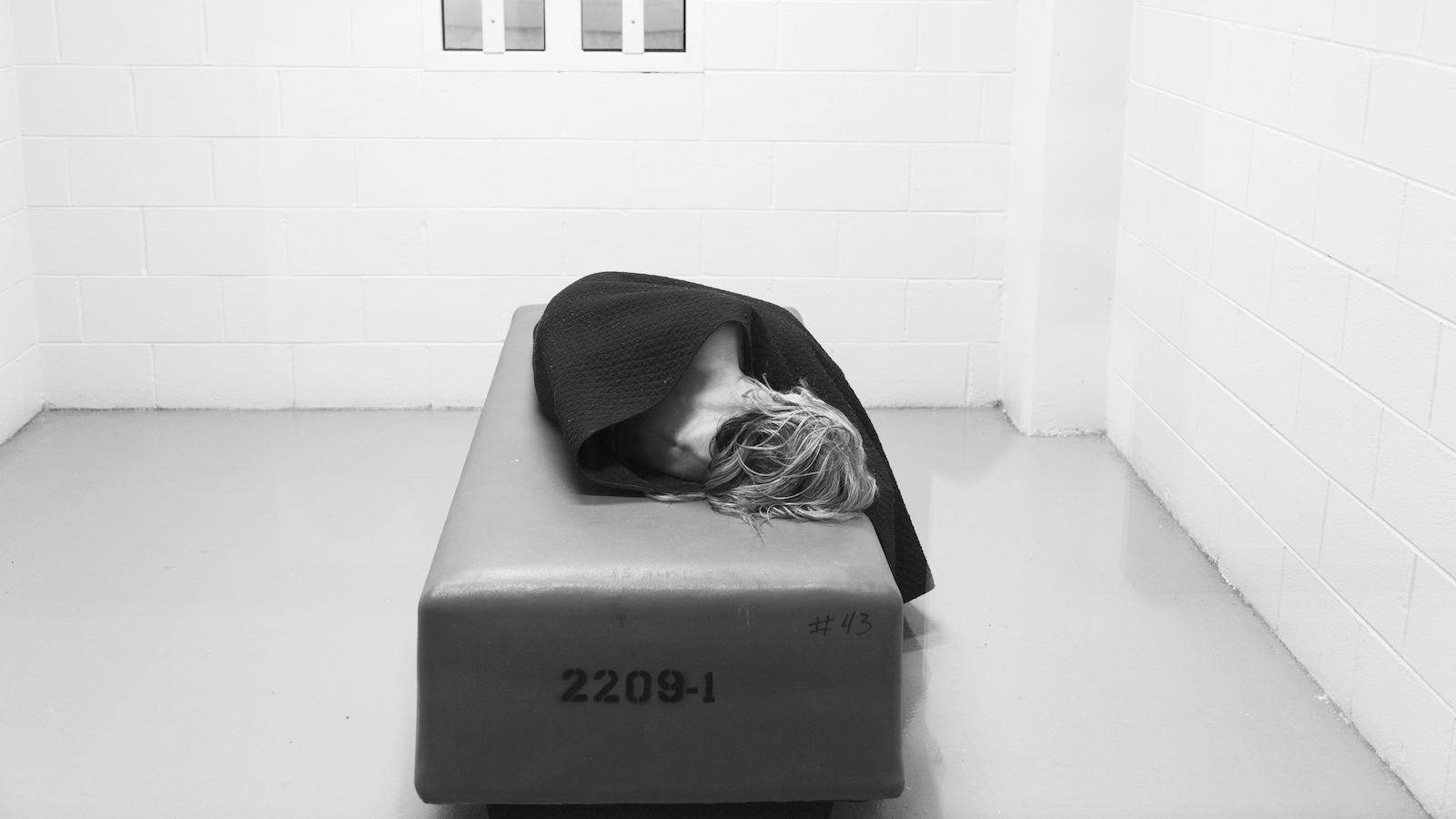
(1-1-17) Answering questions on television and panels is always frustrating to me because I end up watching it later and thinking: “Why didn’t I say this or why did I say that?”
I recently was on a panel at the Manhattan Institute with D.J. Jaffe, founder of MentalIllness.Org and author of Insane Consequences: How the Mental Health Industry Fails the Mentally Ill ,whose views about serious mental illnesses being ignored and how New York peers advocate against treatment were clearly expressed. Our conversation was followed by Dr. Eleanor McCance-Katz, the new Assistant Secretary at Health and Human Services for Mental Health and Substance Abuse.









